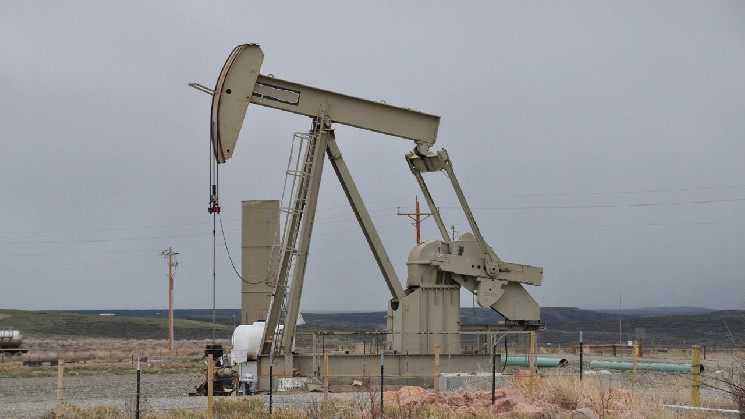Halliburton, the world’s second-biggest oilfield services firm, has taken a step into the bitcoin (BTC) mining space by investing in Austin-based startup 360 Energy. The move, made through Halliburton Labs, was highlighted in a report from Blockspace Media.
Transforming Stranded Gas into Blockchain Power
360 Energy, also known as 360 Mining, has joined Halliburton Labs’ “collaborative ecosystem” as part of its energy technology accelerator program. Alongside this, Halliburton Labs has also become an equity investor in the company. Blockspace Media was the first to break the story.
The Texas-based firm specializes in converting stranded and flared natural gas into power for modular bitcoin mining data centers. By utilizing otherwise wasted gas, 360 Energy offers oilfield owners a way to generate revenue while minimizing environmental harm. Speaking with Blockspace Media, Chris Alfano, CEO of 360 Energy, emphasized the importance of the partnership.
The collaboration is set to boost off-grid mining capabilities and widen the application of 360 Energy’s In-Field Computing technology. “We will work with Halliburton teams across the operating model to ideate, strategize, develop and execute our In-Field Computing services with upstream oil and gas companies in the U.S. and abroad,” Alfano explained to the Blockspace reporter.
Harnessing stranded and flared natural gas for bitcoin (BTC) mining could transform the gas industry, turning previously wasted resources into a source of value. Stranded gas—often located in remote areas or produced in small quantities—and flared gas, a byproduct of oil extraction burned off for safety, has long been seen as costly environmental and economic challenges due to the lack of efficient transport or use.
Bitcoin mining presents an innovative alternative, converting these resources into a steady energy supply for cryptocurrency production. With a preference for affordable power and portable setups, miners can establish operations right at oil and gas sites. By generating electricity on-site from stranded or flared gas, they bypass the need for costly pipelines or storage infrastructure. This approach not only opens up fresh revenue opportunities for oil and gas operators but also curbs environmental damage in the process.











